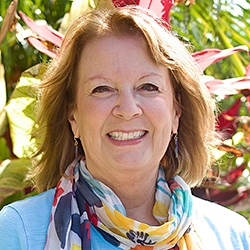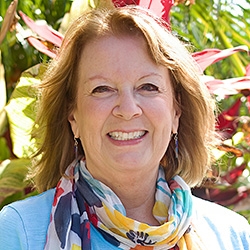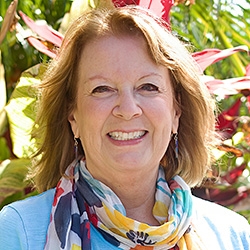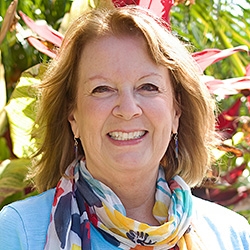

NVC Resources on Judgment
-
Trainer Tip: Changing your thoughts can change the way people experience you. Just for today, see if you can notice when you have judgmental thoughts about yourself or other people. Then look to translate those thoughts into your feelings and needs. Read on for an example of how this works.
-
We can see anger as an alarm or signal that can inform us that unmet needs require attention, or that we hold judgements. We can shift our own anger in several healthy ways: get present, identify the stimulus and any judgements or unmet needs, look for ways to meet our needs, make requests that support our needs, express our needs to ourselves and appropriate others, and more.
-
Without self-acceptance any attempt at growth and transformation, even while parenting, can easily become a path to self-judgments and another yardstick against which to measure ourselves as falling short. Instead, we can practice 1 minute a day or more, or while doing other tasks, to develop the self-compassion and self-acceptance needed to grow both new habits and our capacity to meet our children with calm and compassion.
-
Trainer Tip: There's often a large gap between what we experience, and the story we make up about it. Noticing how our judgments and assumptions cloud our observations can be critical to creating a connection with others and maintaining a Nonviolent Communication consciousness.
-
Learn to speak NVC using your own voice and increase ease and flow in all your personal and professional conversations. This 7-session telecourse recording with renowned trainer Miki Kashtan is designed to help you integrate NVC into all aspects of your life by gaining fluency in your practice of NVC and by embodying the principles regardless of the words you use. This course is based on intensive practice and coaching with real-life examples from participants’ lives.
-
Trainer Tip: Have you ever noticed that some of your behaviors ensure that your needs for peace and relief won’t be met? Take judgments for instance. The more we have, the less peaceful and happy we feel.
-
Observation is the awareness of our sensory perceptions and thoughts, separate from evaluations and judgments. Feeling involves bodily sensations and emotions, distinct from "faux feelings" that mix thought and emotion. Needs encompass universal human requirements for survival and wellness, while thoughts and evaluations express needs. Requests are rooted in connection and invite true willingness, rather than demanding compliance.
-
Miki Kashtan shows how translating judgments into needs transforms family conflict and connection.
-
Trainer Tip: One of the swiftest ways to close our hearts is having judgmental thinking or looking to get our way. How open are you when you're in this mode? The goal in peaceful living is to approach our relationships with an open heart. Start conversations today with an intention to connect with other people.
-
In moments where we would like to see change, personal growth or spiritual transformation, rather than immediately acting to make a change, Robert suggests we practice unconditional self-acceptance through a spacious presence to our inner experience. Robert asks us to give our attention and spacious awareness to our own judgments, inner contractions, and other experiences we often regard as undesirable.
Quick Links

Stay in Touch!
We value your privacy, won't share your email address and you can easily unsubscribe any time.










